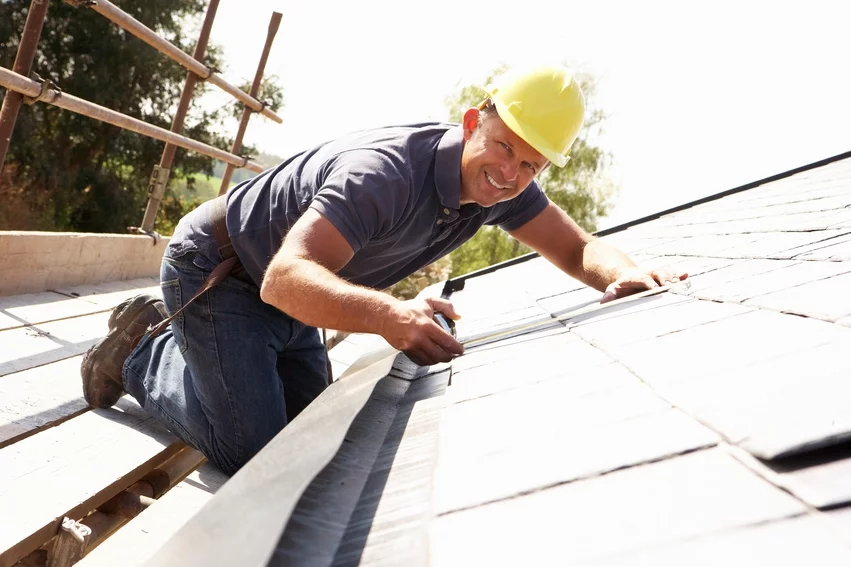If you want to work as a residential roofing contractor in Alabama, you must meet certain requirements to get your license. One of the key requirements is having a roofing contractor bond. This bond is a type of financial guarantee that protects homeowners if the contractor does not follow the rules or complete the job properly.
What Is the Alabama Roofing Contractor Bond?
The roofing contractor bond is a surety bond required for anyone applying for or renewing a license to work as a roofer in Alabama. It acts as a legal promise that the contractor will follow all laws, regulations, and contract terms while working on residential roofing projects.
If the contractor fails to meet their responsibilities, such as leaving a job incomplete, using poor materials, or not following state guidelines, the homeowner can file a claim against the bond. A Residential Roofer Bond specifically offers this type of protection for roofing projects, ensuring compliance with licensing laws and workmanship standards. If the claim is valid, the homeowner can receive money from the bond to cover their loss. The contractor must then pay that amount back to the bonding company.
Who Needs This Bond?
Any individual or business that works as a residential roofing contractor in Alabama must have this bond. This rule applies to people or companies who repair, install, or replace materials on the roof of a home or structure. If the roofing work is part of a project that costs more than $2,500, the contractor must be licensed and bonded.
According to state law, a residential roofer is someone who works on the outer covering of a home, making sure it is sealed, waterproof, and protected from the weather.
How Much Does the Bond Cost?
The Alabama roofing contractor bond typically covers $10,000 in liability. The cost to buy this bond is $100 per year, which is considered a flat rate. Contractors can also decide to buy the bond for multiple years in advance. This makes it easier to avoid renewing it every year and helps keep their license active without interruptions.
The bond usually expires on December 31 each year. This means it must be renewed before the end of the year to keep the contractor’s license valid.
What Are the Requirements?
To be accepted by the state board, the bond must adhere to a few conditions:
The bond must cover at least $10,000.
The state licensing board must be named as the bond’s beneficiary (also called the “obligee”).
The bond should stay active from the day it is issued until December 31 of that same year.
The bond must include legal terms that allow the board to take action if needed.
Final Thoughts
The Alabama roofing contractor bond helps protect both homeowners and the public by making sure licensed contractors follow the rules and finish their projects properly. It builds trust and ensures that roofing jobs are done safely and professionally. If you plan to work as a roofer in Alabama, getting this bond is an important step toward staying legal and reliable in the industry.



